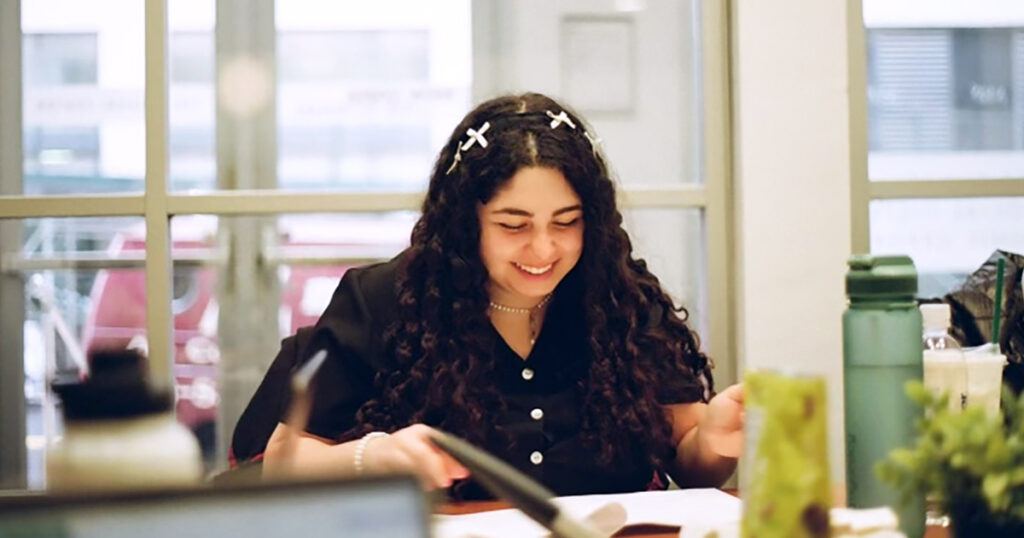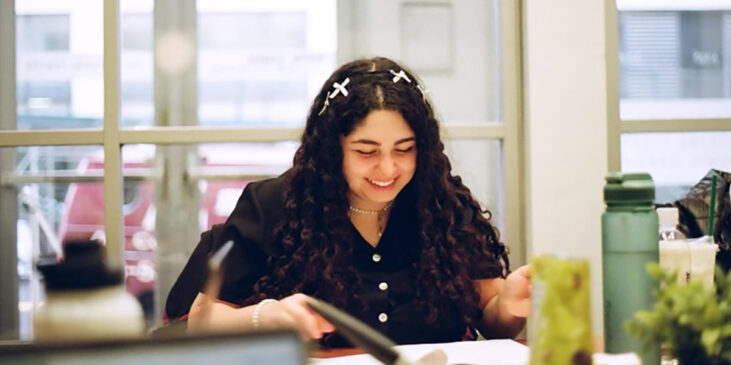
When I first considered which life experiences I would place on my “bucket list”, I never expected a law school clinic would claim the first spot. Bungee jumping, skydiving, visiting every country—those were the adventures that initially came to mind. But after spending this year in the New York Law School (NYLS) Criminal Defense Clinic, I discovered a new perspective on what constitutes a fulfilling bucket list experience.
In my time with the clinic, I represented five misdemeanor defendants in New York City Criminal Court. Though I was under our faculty advisor’s supervision, these clients were very much my own. I was responsible for interviewing them, investigating their cases, researching legal issues, arguing in court, negotiating with prosecutors, filing motions, and everything else necessary to meet my clients’ needs.
I also worked with another student to represent and aid a client with a felony conviction as he prepared for his upcoming parole hearing. This part of the work involved a distinct set of skills and advocacy. Our tasks included document collection, connecting our client with reentry resources, reaching out to friends and families to gather letters of support, and preparing our client on how to respond to difficult questions likely to arise in his hearing.
Through all these experiences, the clinic offered me a comprehensive course on practical lawyering and advocacy skills from arraignment to parole preparation. Yet, the most valuable lessons I learned were not only focused on the legal or administrative challenges in my clients’ cases. They were also about empathy, resilience, and the value of human connection.
Each of my clients came with a unique set of needs and special considerations. Some clients’ primary concern was their immigration status, while others were worried about their ability to keep or obtain a job or their licenses, or to appear in court due to health issues. And with each client, it was my responsibility to ensure that I did my best to counsel them effectively and advocate in a way that addressed their specific needs. It was within this role that I encountered the most difficult, and at the same time rewarding, challenges.
Some of my clients suffered, and continue to suffer, severe mental health issues. Navigating our criminal justice system is a daunting and overwhelming task. For those who are grappling with mental health issues, the process and accompanying emotions become exponentially more difficult to manage. As their advocate, I wanted to make things easier for them and help them overcome the obstacles they were facing. However, the line between accommodating my clients’ mental illnesses and trying to alleviate them became increasingly difficult to distinguish.
After experiencing a tragedy, I became frustrated and felt helpless. My clients’ problems started feeling like my own. I began wondering if I was meant for this career. I recalled hearing from others in the field that this is a commonly occurring experience. However, with the help of my colleagues, supervisor, and work with other clients, I realized that despite my best efforts, there are limitations to what I can and cannot do. Though we can offer empathy and guidance, we cannot always solve our clients’ problems. Instead, working collaboratively with clients to navigate the legal system, while offering support and understanding, empowers them to make informed decisions. It is in accepting our limitations that we can more effectively advocate for our clients.
Having the opportunity to work directly with clients taught me lessons that no class could ever provide. My clients’ stories, struggles, and aspirations not only shaped my understanding of the law but taught me the power of human connection. Moving forward in my legal career, I will carry these insights with me.
While I awaited graduation, I decided to write a new bucket list. Bucket lists are not just about seeking exciting adventures or visiting faraway places, they are about embracing opportunities for personal growth, making connections, and positively impacting others’ lives. My time in the clinic helped me realize that these experiences are not just items to check off a list, but rather they are journeys that shape our understanding of the world and our place within it.
I am thankful to have experienced the first one.
Experiential Learning at New York Law School
Experiential learning is an integral part of the NYLS education. Through our top-tier programs, we offer students the opportunity to turn theory into practice: Starting in their first year, students participate in counseling, interviewing, and negotiating exercises in their foundational Legal Practice course. During their upper-level years, students may select from a wide array of experiential learning courses to hone their lawyering skills. Together with a comprehensive legal education, these experiential offerings prepare our students for careers in advocacy.

